|
|
|
|
Every year, millions of Muslims go on pilgrimage to Mecca, Islam’s holiest city, located in Saudi Arabia. Last year, because of the COVID-19 pandemic, pilgrimages weren’t possible for the most part. With so many people visiting the religious centre, it ran the risk of being a super-spreader environment for the new coronavirus. In the past, Mecca has been a flashpoint for the spread of various contagious diseases, such as cholera. However, things changed this year. Ahmed Kalebi, a pathologist who has been tracing the spread of the new coronavirus in Kenya, provides insights into the stringent measures put in place and argues that they should be
replicated elsewhere.
India opened up its COVID-19 vaccination programme to all adults on May 1, but there are severe supply shortages across the country. “Some people joke that it’s easier to climb Mount Everest than getting a vaccine in India,” the economist R. Ramakumar tells us in the latest episode of The Conversation Weekly podcast which looks at why the country’s vaccination rollout is faltering. He’s concerned about changes to the distribution and pricing system for COVID-19 vaccines, which he worries could leave millions unvaccinated. Listen here or wherever you get your podcasts.
|
Moina Spooner
Commissioning Editor: East and Francophone Africa
|

|
|
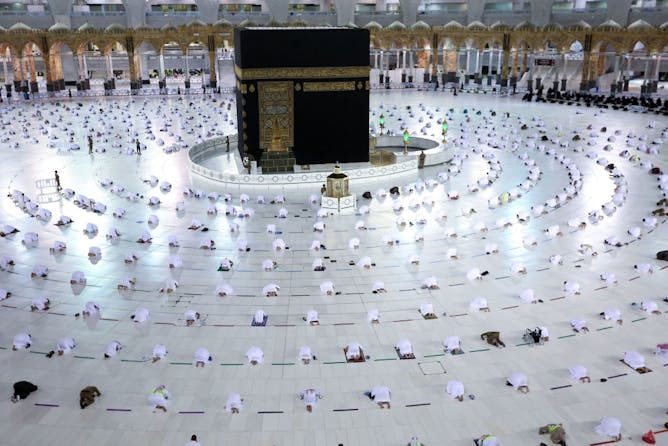
Muslim worshippers perform the evening Tarawih prayer during the fasting month of Ramadan around the Kaaba in the Grand Mosque complex in the holy city of Mecca, on April 13, 2021.
AFP via Getty Images
Ahmed Kalebi, University of Nairobi
Entertainment, sports and tourism industries can learn valuable lessons from how Saudi Arabia managed the annual pilgrimage during a pandemic.
|
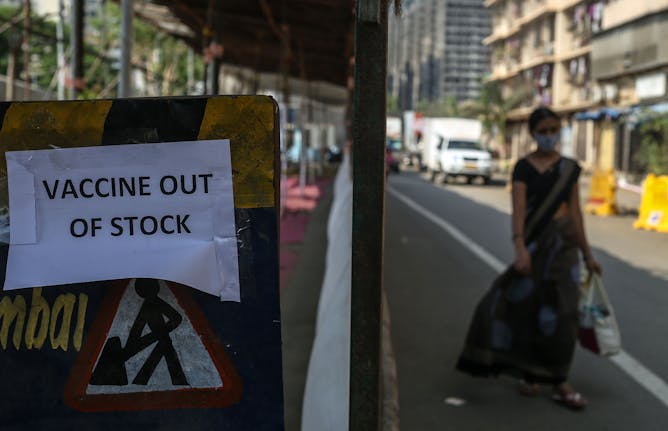
A vaccination centre in Mumbai, closed due to lack of supplies in late April.
Divyakant Solanki/EPA
Gemma Ware, The Conversation; Daniel Merino, The Conversation
Plus, the hidden world of microscopic fungi found inside the world's biggest seed bank. Listen to episode 15 of The Conversation Weekly podcast.
|
Politics + Society
|

Maha Nassar, University of Arizona
Attempts to integrate Palestinian citizens of Israel into the Israeli state have failed. What is emerging is growing solidarity with those living in occupied territories, argues a scholar of the region.
| |
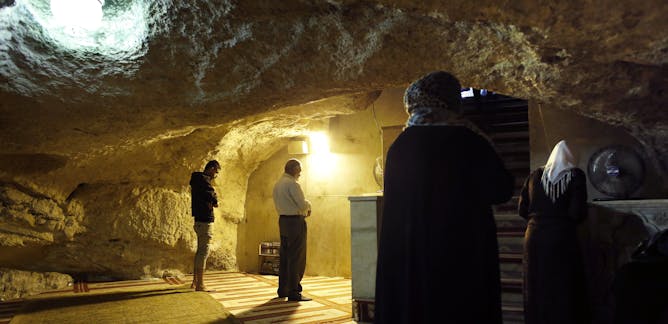
Ken Chitwood, Concordia College New York
The Masjid al-Aqsa of Jerusalem is linked in the Quran to the story of the night journey of Prophet Muhammad from Mecca to Jerusalem and has deep religious meaning for Muslims across the world.
|
|
|
Health + Medicine
|
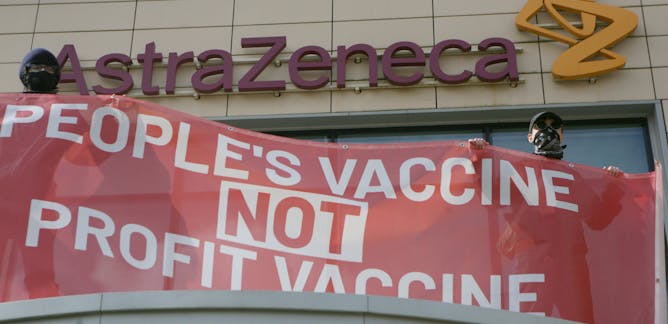
Erin Hannah, Western University; James Scott, King's College London; Silke Trommer, University of Manchester; Sophie Harman, Queen Mary University of London
Much remains to be resolved before the waiver is translated into increased vaccine supply.
| |

Enrico Bonadio, City, University of London; Filippo Fontanelli, University of Edinburgh
Waiver talks might convince companies to focus on technology transfer and training, and let go of the plan to maximise patent-based revenues.
|
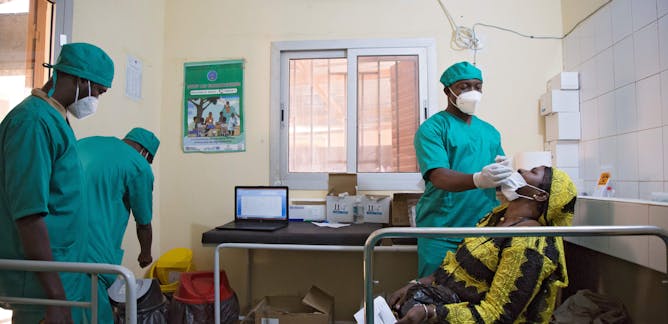
Burtram C. Fielding, University of the Western Cape; Dewald Schoeman, University of the Western Cape
Deficient leptin levels caused by malnutrition might protect against severe COVID-19 and related death. This could be another reason for the lower than expected COVID-19 deaths in Africa.
| |
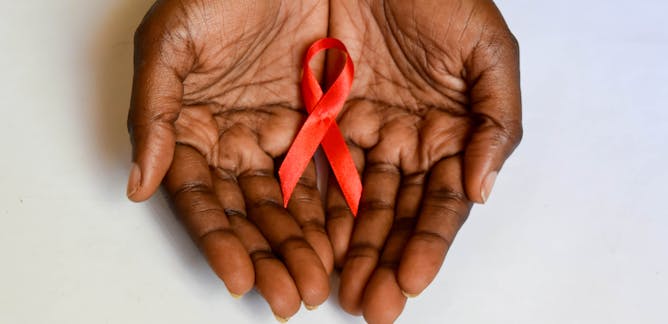
Gilles van Cutsem, University of Cape Town
Cryptococcal ceningitis is one of the main causes of death of people with HIV. The tests and medicines to diagnose and treat it exist but remain inaccessible to most. A global strategy is needed.
|
|
|
Arts, Cultrue + Society
|

John Sullivan, Muhlenberg College; Kim Fox, American University in Cairo; Richard Berry, University of Sunderland
Podcasting exploded due to the lack of gatekeepers. Now big tech companies are starting to act like traditional media networks, signing popular hosts to exclusive contracts and establishing paywalls.
| |

Oludayo Tade, University of Ibadan
Poverty aside, cultural factors like the influence of hip hop songs may also play a role in making a life of cybercrime attractive to young people.
|
|
|
| |
| |
| |
| |
| |
| |
|
|
|
|
|
|
|